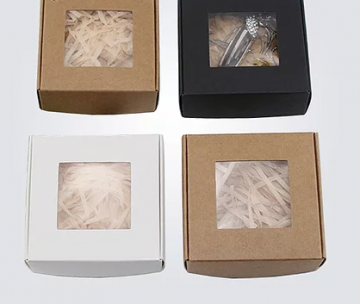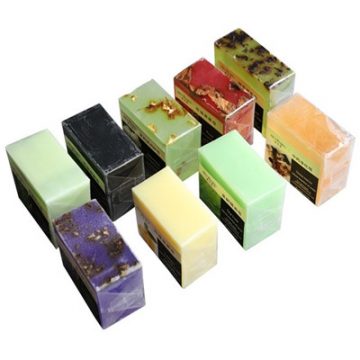Choosing sustainable and eco-friendly soap options is a great way to contribute to environmental conservation while also caring for your skin. Here are some considerations and choices to make when opting for eco-friendly soaps:
1. Ingredients:
- Natural Oils: Look for soaps made from sustainably sourced natural oils like coconut, olive, shea butter, and palm oil (from certified sustainable sources).
- Avoid Harmful Additives: Choose soaps that are free from synthetic fragrances, parabens, sulfates, and other potentially harmful chemicals.
2. Packaging:
- Minimal Packaging: Opt for soaps that come with minimal or recyclable packaging. Consider bar soaps, as they usually require less packaging than liquid soaps.
3. Certifications:
- Certified Organic: Look for soaps certified as organic by reputable organizations. These products tend to have fewer chemicals and are produced in environmentally friendly ways.
4. Palm Oil Consideration:
- Sustainable Palm Oil: If the soap contains palm oil, ensure that it’s sourced from sustainable and certified sources to avoid contributing to deforestation.
5. Biodegradability:
- Biodegradable Formulas: Choose soaps that are biodegradable, meaning they break down naturally without harming ecosystems or water sources.
6. Local and Handmade:
- Support Local: Look for local soap makers who use natural ingredients and eco-friendly practices. Buying local reduces carbon emissions from transportation.
- Handmade: Handmade soaps often have a smaller carbon footprint compared to mass-produced options.
7. Refillable Options:
- Refill Stations: Some stores and brands offer refill stations for liquid soaps. This reduces plastic waste by reusing containers.
8. Cruelty-Free and Vegan:
- Cruelty-Free: Choose brands that do not test their products on animals.
- Vegan: Opt for soaps that are vegan and do not contain animal-derived ingredients.
9. Multi-Use Soaps:
- Camp and Travel Soaps: Consider multi-purpose soaps that can be used for body, hair, and even dishes while camping or traveling.
10. DIY Soap:
- Homemade: Making your own soap allows you to control the ingredients, reduce packaging waste, and customize scents.
11. Research Brands:
- Transparent Brands: Look for brands that openly share information about their sourcing, ingredients, and eco-friendly practices.
12. Carbon Footprint:
- Environmental Impact: Some brands calculate and disclose their carbon footprint. Consider supporting brands that actively work to reduce their impact.
By making mindful choices and selecting eco-friendly soaps, you can contribute to a more sustainable lifestyle while enjoying clean and nourished skin. Remember that every small choice counts, and collectively, these choices can make a significant positive impact on the environment.








